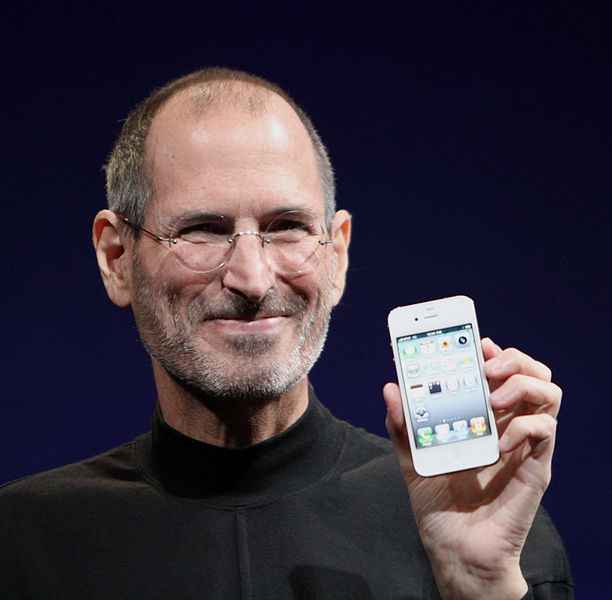I used to not like Christmas music. For me, the season brought on headaches from my eyes being in a constant state of rolling to show my disdain and convince myself I had superior aesthetic taste. My favorite radio stations would be taken over by the holiday spirit. Me, complaining that top 40 radio stations played such abysmal, tasteless music between Thanksgiving and December 25th, as if this was a break from the norm. Just a few months earlier, I would be complaining that they played the same songs over and over again.
Yep. I was a moron.
But honestly, I still don’t like about 80% of Christmas songs. Mainly the syrupy sweet, saccharine nonsense that threatens to overwhelm your emotional pancreas. So no thanks, Bing Crosby. I still don’t need your White Christmas, and that includes the movie about the snow and the retired general and the ski resort and the crazy tap dancing.
But give me “Joy to the World.” Fill the air with the majesty and theological richness of “Hark, the Herald Angels Sing.” Let me get caught up in the desperate plea of “O Come, O Come, Emmanuel.”
I could probably listen to (and sing along with) skillful renditions of these songs all year long.
What changed?
The music certainly didn’t. These songs are much older than I am, and I’ll bet you 13 gazillion dollars that they will still be around long after I’m dead.
There are two things that changed. First, I had to get over my stuffiness and condescension over the general celebration. But even then, I was a Christmas agnostic, shrugging my shoulders in a “live and let live” kind of way. This was not ideal, but a necessary step that performed the right kind of controlled demolition to my core assumptions.
This leads to the second and primary reason I get into the spirit: I better understand the narrative arc of creation.
The story of Jesus, beginning with the wonder and mystery of the Incarnation, really is the greatest story ever told, because it is the climax of the Story. As Christians, we should always be aware of where we are in the Story. It should be the background of all of our thinking. And like many good stories, this one is a vast, sweeping epic, and has its highs and lows.
And one of the highs is the birth of the true King. The Anointed One who would crush Israel’s enemies and the Enemy. The Lion of Judah who would go to face the giant alone. The Root of Jesse who would rise in defiance of death. But first…he had to be born.
The only peak higher than the Incarnation is the Resurrection. Songs that try and harness just a little bit of that vast sweep resonate deeply, because it was a glorious moment filled with hope and promise…and yet we know that even then, the best is yet to come. The bow has been strung and drawn, arrow notched. The tension becomes thick. We are on the edge of our seats.
Yes, even though we know the end, we are on the edge of our seats. Because these songs, the good ones, act as a master storyteller who spin a yarn so well as to make it seem new again, doing their best to imitate the Storyteller, who is actually in the process of making ALL things new.
And so when we are taken back to that night in the City of David, we can truly say with the heavenly host,
“Glory to God in the highest, and on earth peace, good will toward men.”
Because God became a man, and everything changed. And that was just the beginning.
And so that’s why I have come to like Christmas music. And not only the classics. I don’t discriminate against contemporary Christmas music, as long as it assumes and understands the weight of glory inherent in the part of the story it is trying to relate. But honestly, nothing really tops the classics.
What are your thoughts on Christmas music? What is your favorite (non-lame) song?

